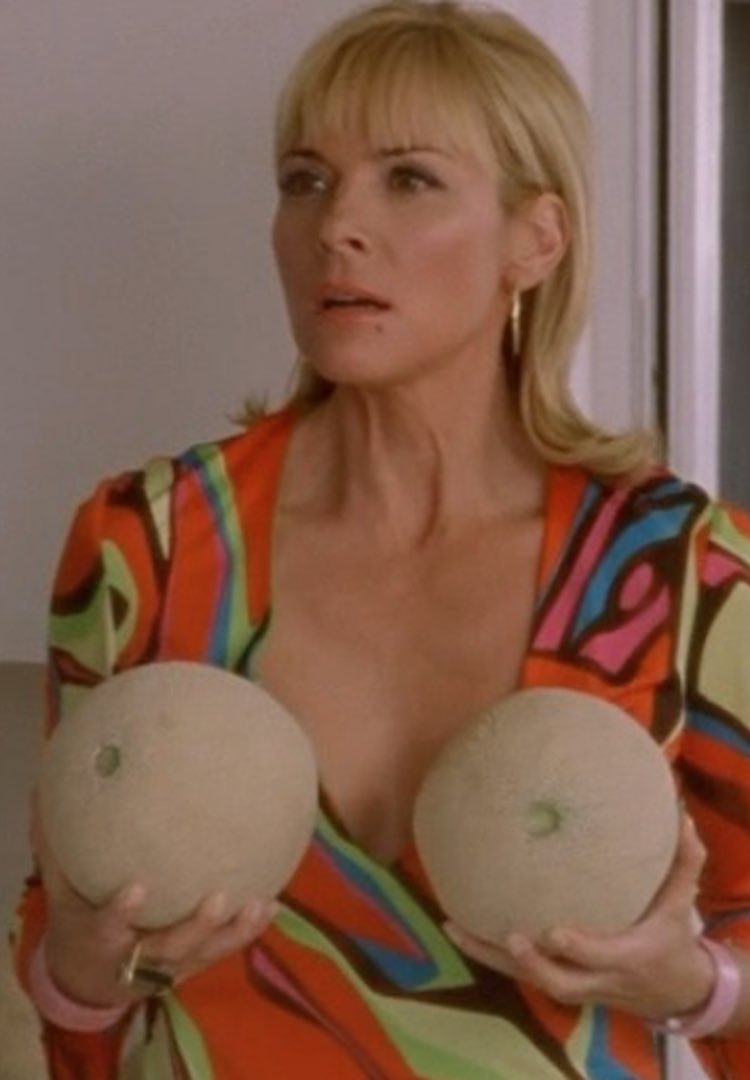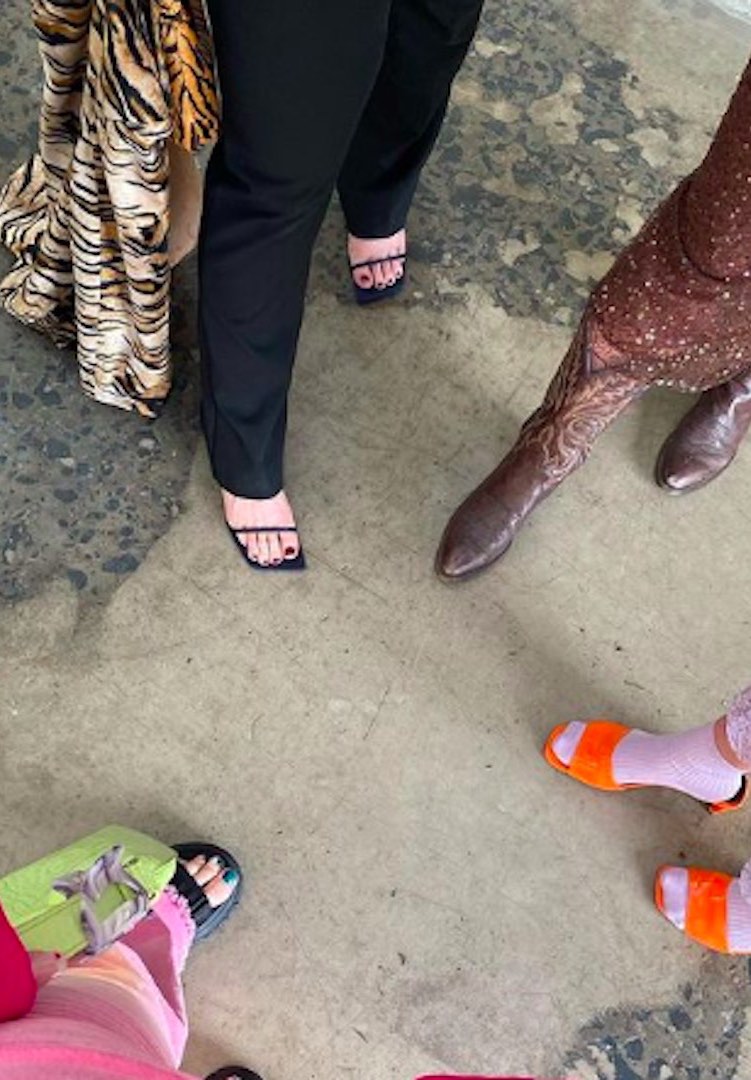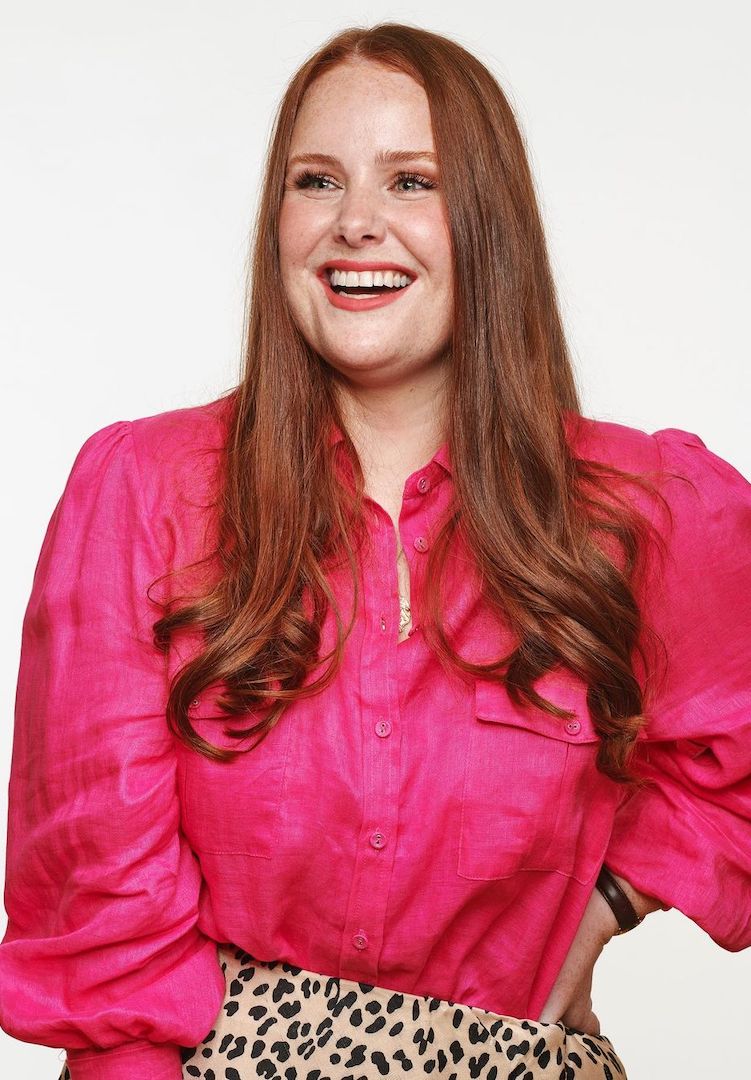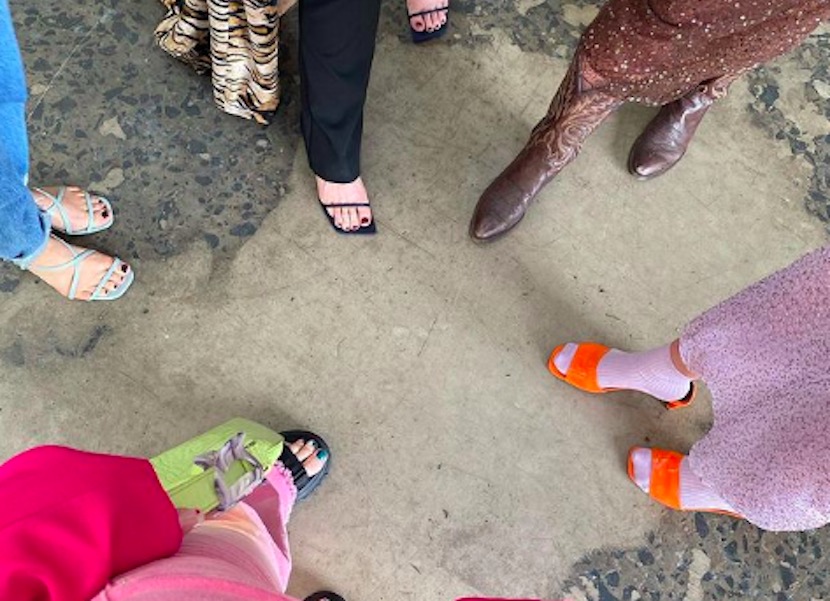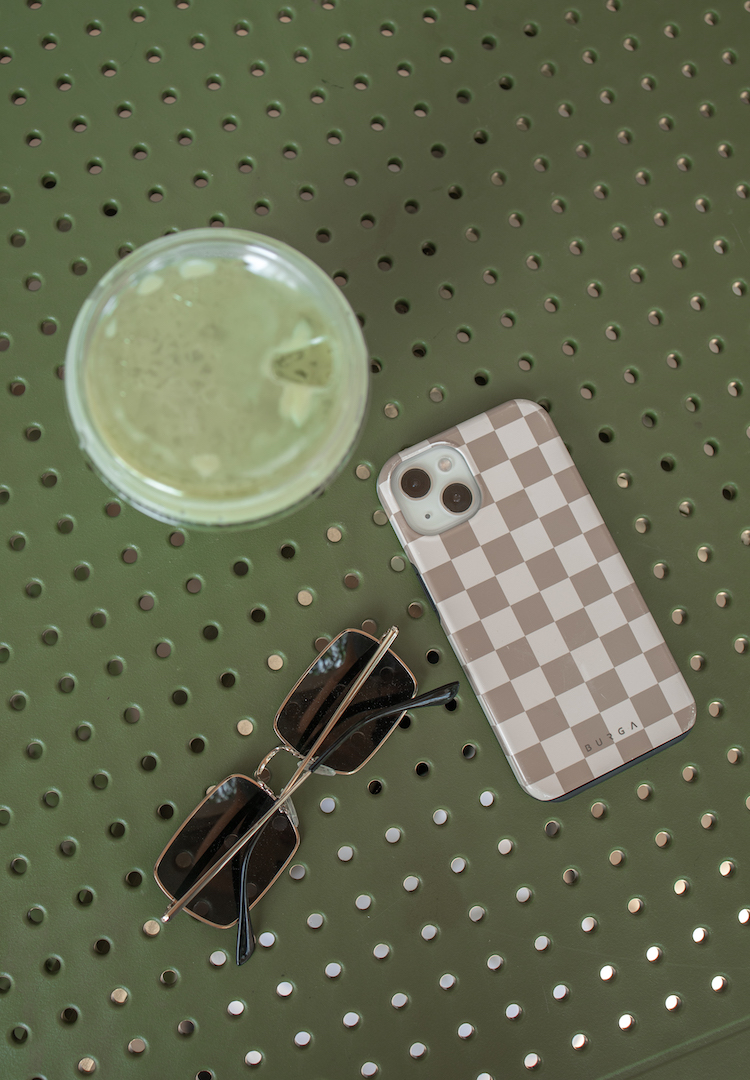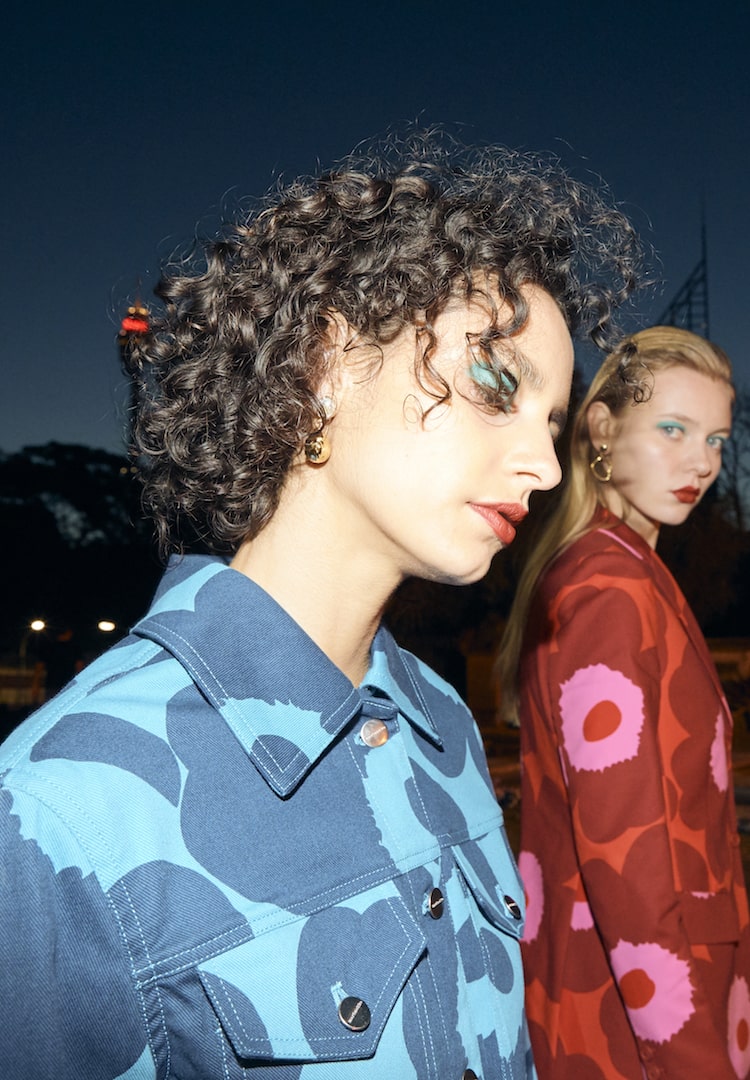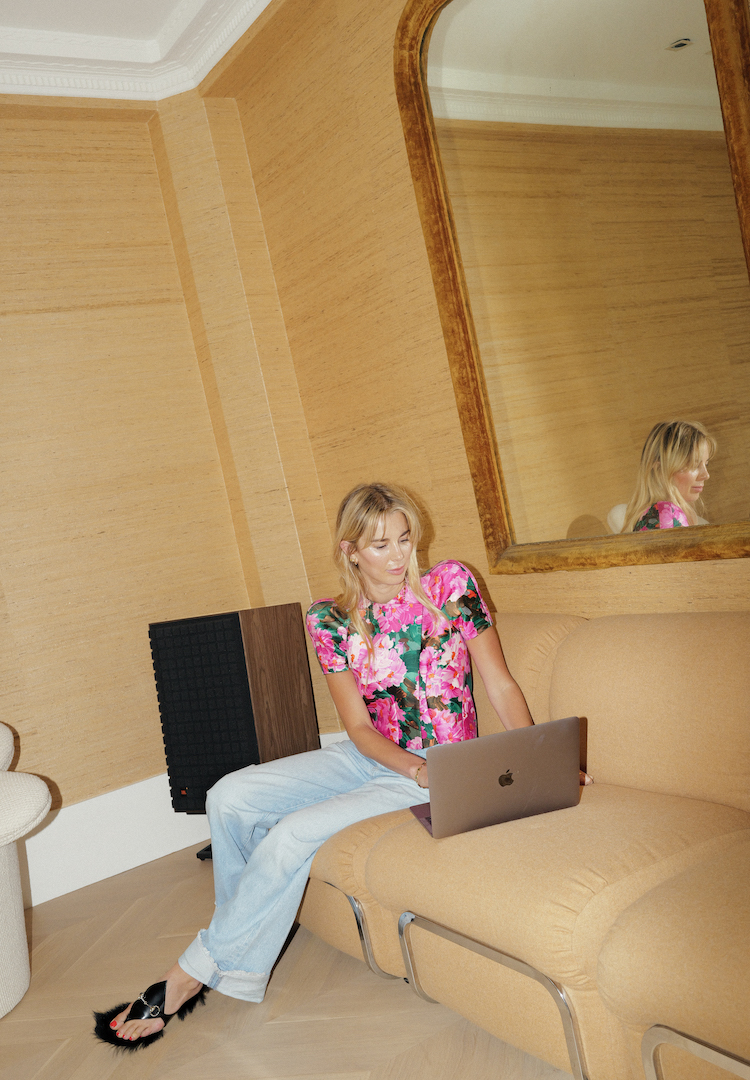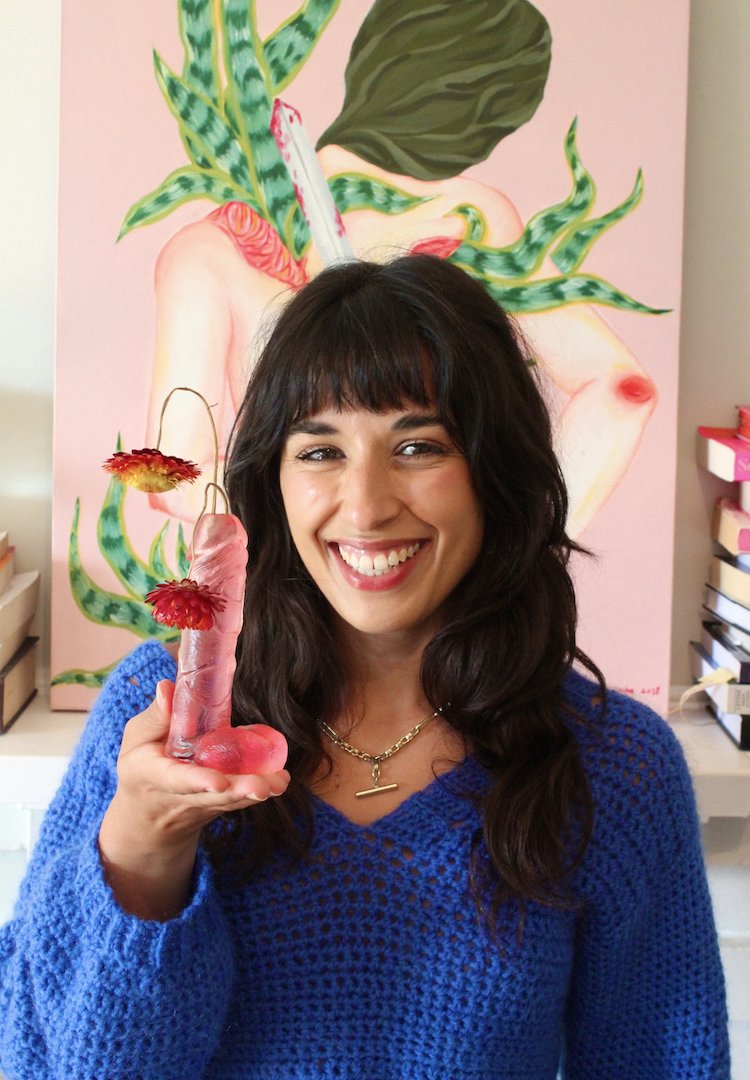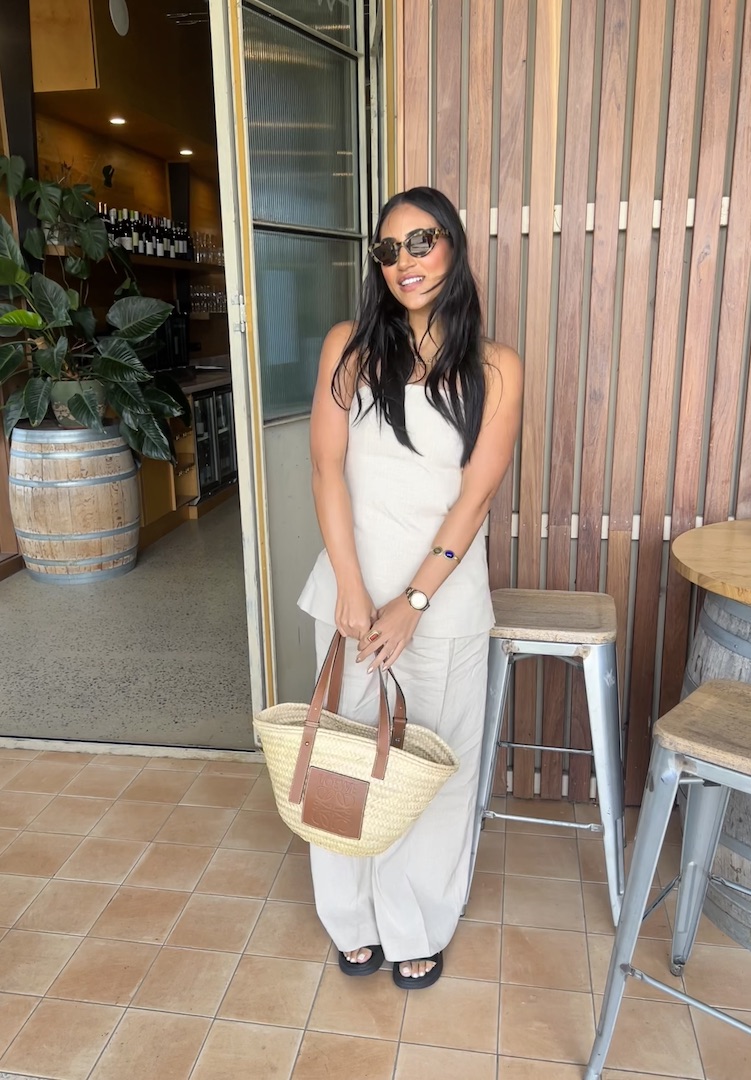What goes on behind the filter? Lifting the veil on influencers
IMAGE VIA @ZIGS_MOM/INSTAGRAM
WORDS BY HANNAH COLE
“If you look at it without the implications, it just means you’re a key opinion leader in your field.”
For too long, the role of influencers has been ridiculed and undermined. Frequently, they are the public figures we love to hate, whether out of jealousy, discomfort or a perceived lack of authenticity. The online community shows its sinister side in the comments section, yet the industry is on track to reach a global valuation of $7.4 billion this year.
I’m not perfect; I, too, held these views, but years in the PR industry has shifted my point of view. Even Melbourne-based creator Kristy Wu echoes my original sentiments. “The term ‘influencer’ was something that I was really embarrassed to call myself five to six years ago because the social media industry was so foreign to most people back then.”
Interested to hear how others navigate the world? Head to our Life section.
Times have changed, understanding has grown, and credibility is rising. Influencers are evidently vital today; brands rely on them for virtual word-of-mouth, selling products, and building an aspirational status. They are more than models, receivers of gifts and ring light fanatics (although those things often come with the biz too), but for the most part are a bunch of extremely hardworking, creative and talented individuals.
Influencers are also expected to be approachable and increasingly authentic, as the rise of the ‘genuinfluencer‘, a term conceived by WGSN, denotes. Along with Kristy, I spoke to three other local women in the fashion and beauty space to clear the air once and for all. What do they do? Is influencing a job? And how do they make money?
View this post on Instagram
Is ‘influencing’ a real job?
Let’s all take Samara Weaving’s recent learning as gospel. When interviewed by W Magazine on her role as an influencer in Nine Perfect Strangers, she concluded that “You have to be a real businesswoman to get ahead in the influencer space”.
As content creator Lauren Burns tells me, it’s “seven jobs in one!”. The exhaustive list of tasks includes planning the creative direction, location scouting, doing your own hair and makeup, styling, modelling, photographing and then editing.
Balancing this with a full-time gig requires intense organisation skills, something pharmaceutical scientist, consultant and beauty influencer Hannah English knows all too well. “I fit it all in by micromanaging my Google Calendar, otherwise I’d be constantly overwhelmed (or… more overwhelmed than I already am…),” she says.
View this post on Instagram
Then there’s the dedication required for community and relationship management. “The most important part of my work is investigating and creating content for my community, engaging, and interacting as well,” says Hannah. Add to that the need to maintain client connections and deliver, and you have a very full plate.
The beauty realm has an additional, crucial layer: testing products. Skinfluencer Roj Torabi notes this as the most time-consuming part of her online hustle (she’s also a lawyer by day). First, she has to research whether a product is even worth the effort, otherwise “you’ve just wasted three to four weeks on a product that you ultimately can’t get back”. To give followers an honest and helpful review, intense trial periods are essential.
View this post on Instagram
It’s not only a job but an intense responsibility. Influencers are our gatekeepers for taste-defining and product-purchasing; they are our parasocial friends and often lead us to make changes in our lives.
For example, Hannah is vocal about sun safety and her experience with neurodivergence, which has led to followers making changes in their lives. I started wearing sunscreen on the back of my hands when Hannah advised this, among many other lessons. Is it a real job? Resoundingly yes. These are creative businesswomen challenging our ideals and enhancing our lives.
How does an influencer earn a living?
Regarding money, rates and agreements vary depending on the client, budget, experience and number of followers. At the same time, there’s the rise of micro and nano-influencers, who frequently sell more products and speak more closely to their tight and very loyal following.
For many Instagram influencers, being online isn’t their only job, as mentioned earlier. They may hold other full-time roles or freelance opportunities as an extra way to support or complement their business. It also offers more stability.
Some months it drizzles, others it pours. It means creators like Roj can be selective with their clients, which arguably adds to the overall authenticity and value provided to her followers. “I say no to more brands than I say yes, because I believe in quality not quantity,” she explains.
Valuing oneself is difficult in any industry, particularly when there is no minimum wage or salary guideline, as pointed out by Lauren. Although perceptions are changing, it can still be a challenge to ensure a fair paycheck.
View this post on Instagram
Gifting feeds the industry and is used to replace monetary payments. Lauren uses the analogy of working in a cafe. “At first if you’re paid in coffee and breakfast it might seem convenient because you don’t have to shop for groceries or spend time cooking, but you quickly realise that the value of the meals you’re getting is less than what you would be getting if paid a normal wage.”
Both Lauren and Kristy affirm that they accept gifts from brands they truly love or believe in, as those relationships are important. But, at a certain point, how many ‘things’ can any one person receive before it becomes a burden, a waste even?
Crunching the numbers means fairly considering the “time that’s been invested into it on the back end,” says Kristy. According to Lauren, “It’s a sliding scale depending on the deliverables.” Consider the in-feed posts, stories, reels, and so on.
With no definitive figures due to the fluctuating nature of the role, I suppose the big question then is: can one live off an influencer paycheck? “You can definitely support yourself financially, you just have to be willing to invest the time into taking it seriously,” Kristy notes.
Is it time to become an influencer, then?
So it might be possible to rake it in and live a life surrounded by beautiful products. Personally, my fragile mind and fear of instability couldn’t muster the motivation needed for the role, let alone the need to be original, inspirational and ‘always on’.
We aren’t all made for influencing, in the same way not all brains are built for accounting or hands for carpentry. It’s time to give up the ‘ick’ factor that lingers and take the business seriously, something Hannah explains perfectly: “If you look at it without the implications, it just means you’re a key opinion leader in your field.”
What is an influencer? A leader and inspirer. One who launches conversations, introduces new products and different ways of thinking. There will always be a thin veil over the industry; after all, isn’t that part of the intrigue? It’s the reason we keep returning to their stories day after day. Indeed, it’s not all positive on Instagram, but there are authentic users who deserve our respect and repeated heart eye emojis.
For more on what it’s like to be an influencer, try this.

